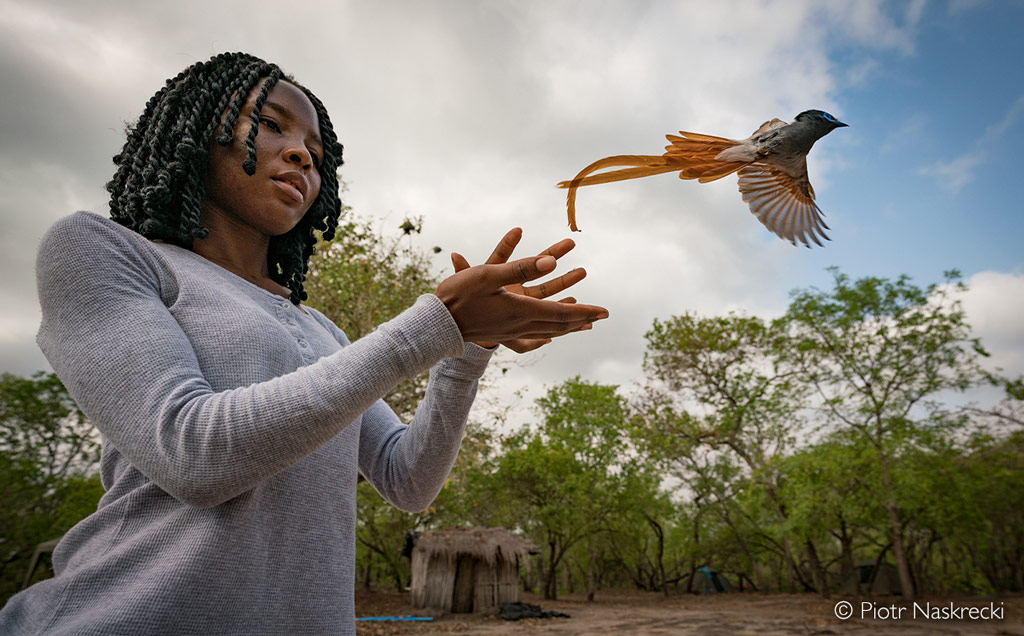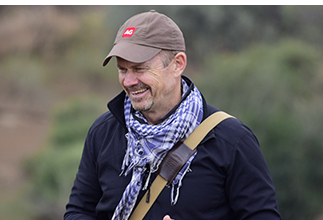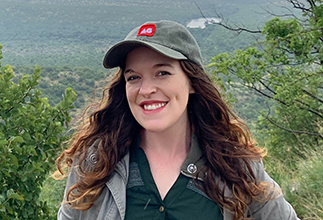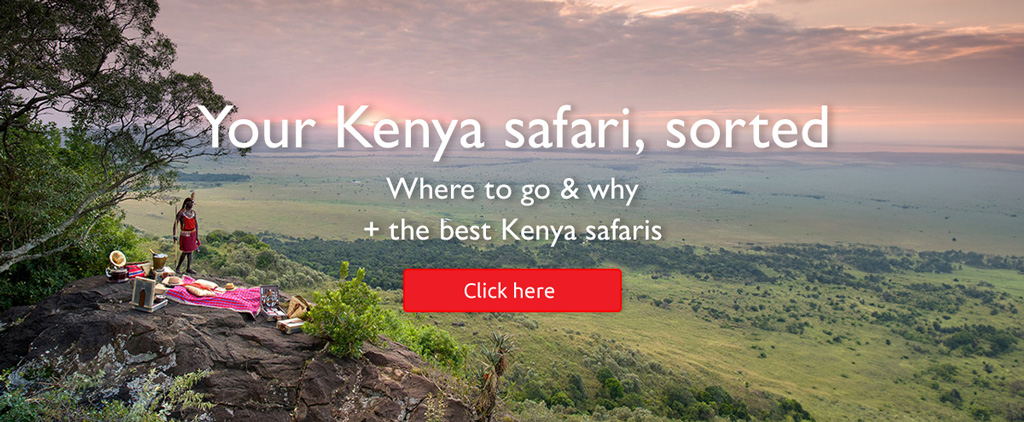
This is a copy of our weekly email newsletter. Subscribe here to receive the newsletter.
Are fenced lions happy? + Badingilo & Boma + finding wild dogs on safari

It hit me like a ton of bricks as I stepped off the bus – and changed my life. My first excursion to the bushveld was as a young man shortly after beginning my university education. Having grown up in Cape Town, which has a Mediterranean climate and domesticated landscape, my holiday to Pilanesberg National Park near Johannesburg was an exciting sojourn into the unknown. After a two-hour flight and three-hour road trip in an air-conditioned bus, I had arrived.
Shortly before entering the park, our bus shuddered to a halt because a massive African rock python was blocking the way. Of course, we all clambered out to get a better look as the 4m stunner made its way slowly across the road.
As I exited the bus, I was overwhelmed by the very scent of Africa – the humid, fecund air so laden with expectation and promise. Africa wrapped around me like a warm embrace, stirring an electrifying sense of anticipation deep within. Every sound seemed amplified, my skin tingled, and my heart quickened. A hormonal supercharging of sorts that has remained with me ever since.
As I write this on my veranda in a bushveld town bordering the Greater Kruger, the early morning heralds an unadulterated joy of being alive. When and where were you infected by mal d’afrique?
Finally for this week, a well-written Daily Maverick article that highlights the hard work by teamAG to reveal the facts behind trophy hunting Africa’s remaining big-tusked elephants.

Simon Espley – CEO, Africa Geographic
From our Editor – Taryn van Jaarsveld

Could South Africa’s most endangered terrestrial bird go extinct within a year? Scientists believe that, without aggressive conservation efforts, Botha’s lark may be lost by 2025.
A rapid 90% decline in the Botha’s lark population over the past decade is a symptomatic indication of the declining grassland habitat in South Africa. There are only 340 of these petite brown birds left in the wild. Scientists from Birdlife South Africa are warning that loss of habitat and lack of funding to mitigate threats may lead to their demise. Learn more about how you can help these little larks here.
Are lions living in fenced reserves happy? Find out more below. Also, read about the Afrika Odyssey expedition team’s journey to South Sudan’s Badingilo and Boma NPs to learn more about what conserving the world’s largest land-mammal migration looks like on the ground.

DID YOU KNOW?
We donate a portion of the revenue from every safari sold to carefully selected conservation projects that make a significant difference at ground level. YOUR safari choice does make a difference – thank you!
Story 1
https://africageographic.com/stories/badingilo-and-boma-the-greatest-migration/
BADINGILO & BOMA
Kingsley Holgate & his team are connecting 22 African Parks protected areas. Read about their trip to Badingilo and Boma NPs, South Sudan
Story 2
https://africageographic.com/stories/are-fenced-lion-happy/
FENCED LIONS
Does lion pride behaviour change between fenced & open systems? Researchers monitoring lions in Kruger, Pilanesberg & more aim to find out
 TRAVEL DESK:
TRAVEL DESK:
We have two thrilling safaris lined up for those seeking a fiery introduction to some of southern Africa’s best destinations. Let our safari experts start crafting your authentic, tailored safari today!
Don’t miss out on exploring one of the most fascinating ecosystems on the planet.

Help save poached pangolins
Remember the pangolin brought into Provet Animal Hospital almost a year ago? She was confiscated from the illegal wildlife trade when she was found clutching her 230-gram newborn premature pup.
Thanks to Provet Wildlife Services and Umoya Khulula Wildlife Centre, her pangolin pup is now a very lively and feisty teenager, weighing over 5kg. The pup is due to be released back into the wild this spring. He recently became a hero and donated blood to another very sick pangolin, giving another in need a second chance at life.
The cost of rescuing a pangolin and hospitalising it for ONE week is about US$800 (ZAR15,000). You can help with this process by donating and lending your support to the hard-working teams who are dedicated to saving Africa’s pangolins.
Note that all pangolins are housed at offsite locations for security purposes.

 WATCH: Nyungwe National Park, Rwanda, hosts Africa’s most extensive protected tract of montane forest. Take a minute to experience the magic of this verdant oasis. (01:02). Click here to watch
WATCH: Nyungwe National Park, Rwanda, hosts Africa’s most extensive protected tract of montane forest. Take a minute to experience the magic of this verdant oasis. (01:02). Click here to watch
For more videos celebrating Africa, check out our videos here
To comment on this story: Login (or sign up) to our app here - it's a troll-free safe place 🙂.![]()






